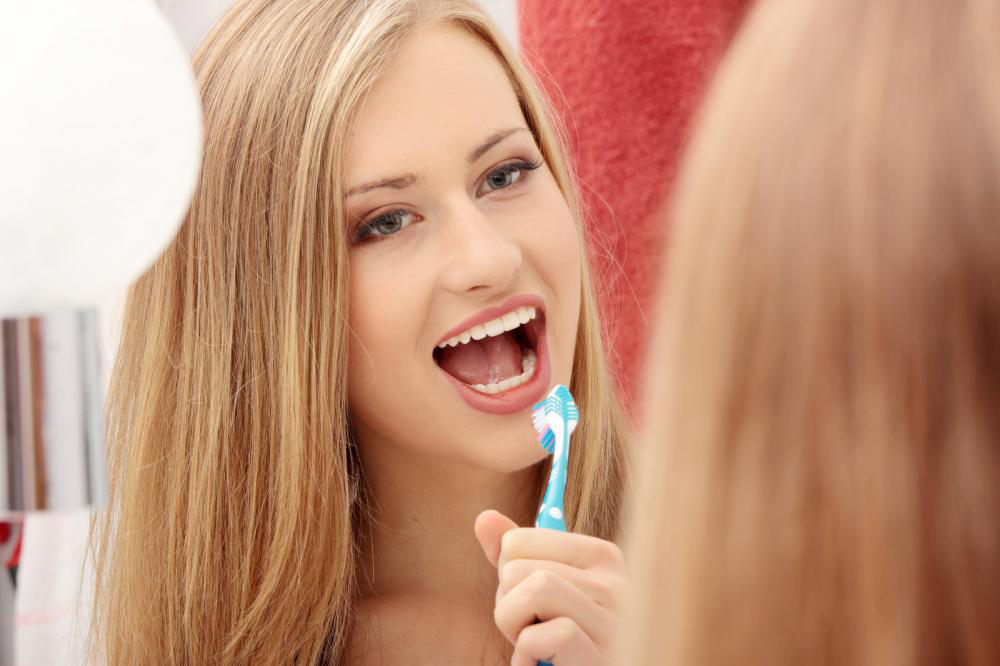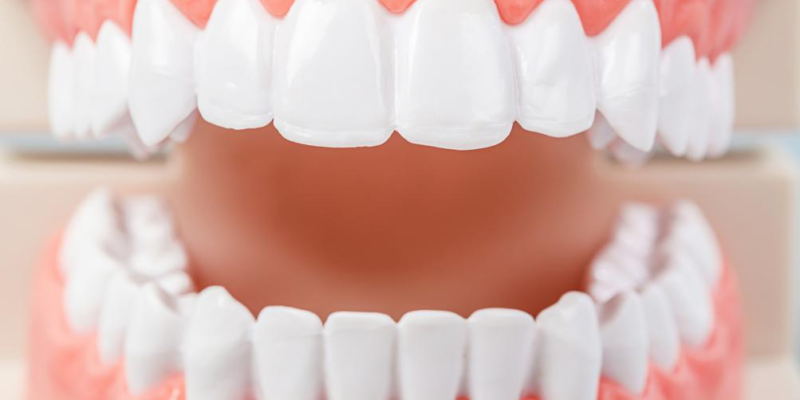Also referred to as the ‘gum disease’, periodontitis is a condition in which your gums get inflamed. They start swelling and turn red. They may also bleed when you brush your teeth.
Inflammation and blood are your body’s way of telling you that some bacteria have accumulated on your teeth. Although it’s a part of your body’s defense mechanism, the inflammation can cause serious damage.
Periodontitis
Periodontitis occurs when the bacteria in your mouth triggers inflammation. This bacteria is known as periodontal bacteria and it infects the tissue surrounding your teeth.
Periodontal bacteria is naturally present in your mouth, but it only becomes dangerous if it’s allowed to multiply. That happens when food particles combine with bacteria and form plaque.
Plaque refers to the sticky and colorless film of bacteria that makes your teeth feel fuzzy. Food particles come in contact with that bacteria and form acids that destroy the enamel. Over time, it can also lead to tooth decay.
In extreme cases, plaque can develop under the roots and break down the bones that offer support to the tooth.
It’s a slow process that occurs over the course of several years. By getting treatment at the right time, you can prevent this problem from getting worse.
Signs of Periodontitis
In the initial stages, you’ll start noticing inflammation and swelling in your gums. This condition is called gingivitis. During this stage, you’ll also start noticing that your gums bleed when you brush your teeth. Over time, you’ll start noticing an obvious presence of plaque on your teeth.
It gets worse if you don’t seek treatment immediately. Your gums start bleeding even when you’re eating or drinking, you have bad breath, and the position of your teeth starts changing.
Your teeth will also start appearing longer as your gums will start receding. Furthermore, you’ll also start experiencing pain in your gums.
How Can You Prevent This Disease?

You can prevent this condition from getting worse by maintaining good oral hygiene habits and routine visits to the dentist.
Simple things like brushing your teeth twice a day can prevent the formation of plaque on your teeth. In addition to brushing your teeth regularly, make sure that you floss them as well.
This removes food particles that may be stuck in the spaces between your teeth and prevents the formation of bacteria. If you have braces or implants, you’ll have to be especially careful about cleaning your teeth since plaque deposits remain behind and cause damage to your teeth.
Want to ensure excellent dental hygiene? Get in touch with us. We, at Rapha Dental LLC, offer a wide range of dental services. In addition to ensuring your oral health remains stellar, we also offer services such as cosmetic dentistry Cinnaminson NJ. Contact us at (856) 829-8668 to schedule an appointment.

